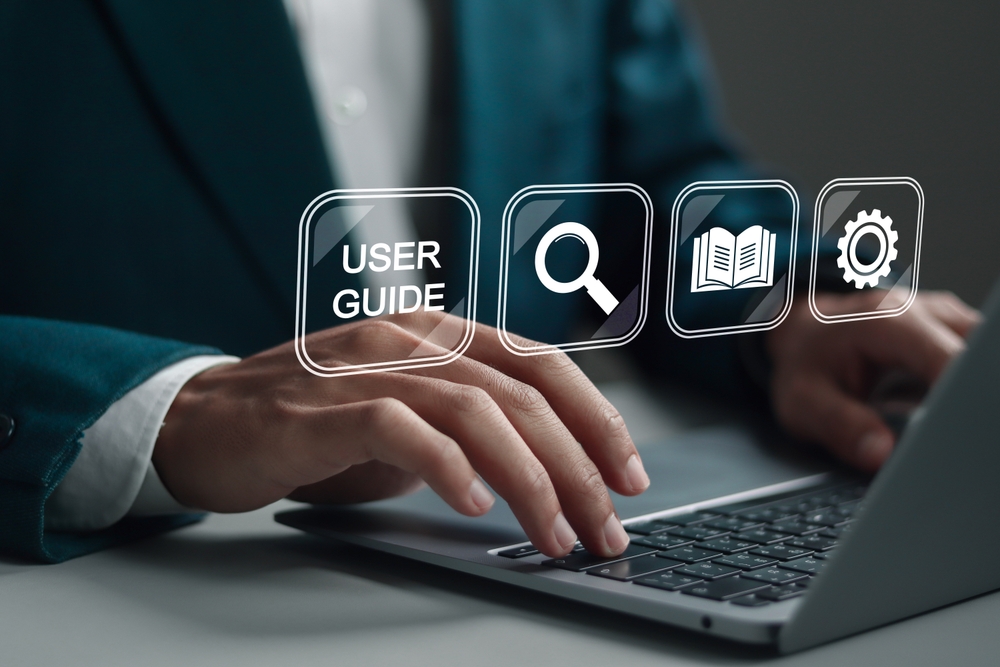Medical tourism has become a rapidly growing and evolving sector on a global scale. Patients travel across borders for a variety of treatments, including cosmetic surgery, dental care, fertility treatments, and hair transplantation. In this context, patient reviews in medical tourism play a crucial role for clinics. Especially for international patients, reviews offer valuable insights into a clinic's reliability, quality of care, and patient satisfaction. Positive reviews can greatly strengthen a clinic’s reputation, while negative reviews may deter potential patients and pose a risk to the clinic’s image. Therefore, effective management of patient reviews is essential for success in the medical tourism industry.
The Influence of Patient Reviews on Decision-Making
Today, prospective patients conduct extensive research before selecting a clinic or doctor for their treatment. Much of this research is done online, and patient reviews are one of the first things they look for. In the medical tourism sector, patient reviews serve as an important guide for potential patients, helping them make informed decisions about where to seek treatment. Positive reviews offer reassurance about the clinic's quality of service and commitment to patient satisfaction. They create a positive impression and become a significant criterion in the decision-making process for many patients.
Positive reviews not only instill trust in the clinic but also provide valuable insights into the quality of care and patient experience. This greatly facilitates the decision-making process for potential patients. On the other hand, negative reviews can raise red flags about a clinic. Such reviews may lead prospective patients to choose another provider for their treatment, impacting the clinic’s ability to attract new clients. Therefore, patient reviews hold critical importance in the medical tourism industry, and clinics should closely monitor and proactively manage this feedback.
The Importance of Reputation Management
In the digital age, managing a clinic’s online reputation is a vital part of a successful medical tourism strategy. Every review published online directly affects a clinic's reputation, which can quickly reach a broad audience. Especially in medical tourism, patient reviews have the power to reach potential patients globally, creating a strong perception of the clinic. For this reason, clinics should monitor patient reviews as part of their reputation management process and respond promptly when necessary.
Reputation management goes beyond simply controlling negative reviews; it also involves effectively leveraging positive reviews. Clinics that are active on digital platforms and engage with patients build a stronger reputation. Addressing negative feedback constructively and taking steps to resolve issues can enhance the clinic's trustworthiness. By doing so, clinics not only foster patient satisfaction but also establish a positive image that resonates with future patients.
Strategies for Managing Negative Reviews
Every clinic may encounter negative feedback in their medical tourism patient reviews from time to time. However, with the right strategies, these reviews can be managed and even turned to the clinic's advantage. Adopting a proactive approach to resolving patient dissatisfaction is a crucial step for clinics to earn patients' trust.
One of the most effective ways to handle negative reviews is by providing a swift and professional response. Addressing the issues raised with a solution-oriented approach and demonstrating empathy towards patients’ concerns creates a positive impression of the clinic. Additionally, acknowledging mistakes and taking corrective actions can enhance the clinic's credibility. For example, if a patient has encountered a problem during their treatment, responding with empathy and offering a resolution can create a positive impression not only for that patient but also for other prospective patients reading the review.
Effective Use of Positive Reviews
Positive reviews highlight a clinic’s strengths and showcase patient satisfaction. Effectively utilizing these reviews is an important way to enhance a clinic's digital reputation. Sharing positive feedback on the clinic's website or social media accounts can help potential patients gain more insight into the clinic. Moreover, presenting positive reviews as patient success stories provides a transparent and reliable image of the clinic.
These reviews serve as strong references for other patients, increasing the clinic's brand value. When patients share positive experiences from their treatment journey, it builds trust among prospective patients considering similar procedures. In medical tourism, international patients may have reservations about receiving treatment abroad. Positive patient reviews help dispel these concerns, making it easier for clinics to attract more patients.
Using Digital Tools for Reputation Management
In the digital world, numerous tools are available to make reputation management easier and more effective. By using these tools, clinics can maintain control over medical tourism patient reviews and manage their reputation effectively. Digital reputation management software can monitor, analyze, and report on feedback from social media platforms, allowing clinics to keep track of patient comments in real time.
With these tools, clinics can conduct patient satisfaction analyses to gain insights that will help improve the quality of their services. For example, if a specific treatment process receives frequent negative feedback, the clinic can review and improve that process. Additionally, these tools can be used to highlight positive feedback. Digital reputation management tools enable clinics to manage their social media accounts more effectively and respond quickly to feedback.
Conclusion
In the medical tourism sector, patient reviews and reputation management play a significant role in the success of clinics. Patient reviews in medical tourism serve as a platform for patients to express their satisfaction or dissatisfaction with the treatment they received. Managing these reviews effectively helps clinics build a reliable image, making them more attractive to international patients. A good reputation management strategy not only helps attract potential patients but also increases the loyalty of existing ones, supporting the clinic's long-term success.
Patient reviews are a valuable trust-building tool and an effective marketing asset for medical tourism. By closely monitoring and managing these reviews, clinics can enhance patient satisfaction and position themselves as leaders in the medical tourism industry.





